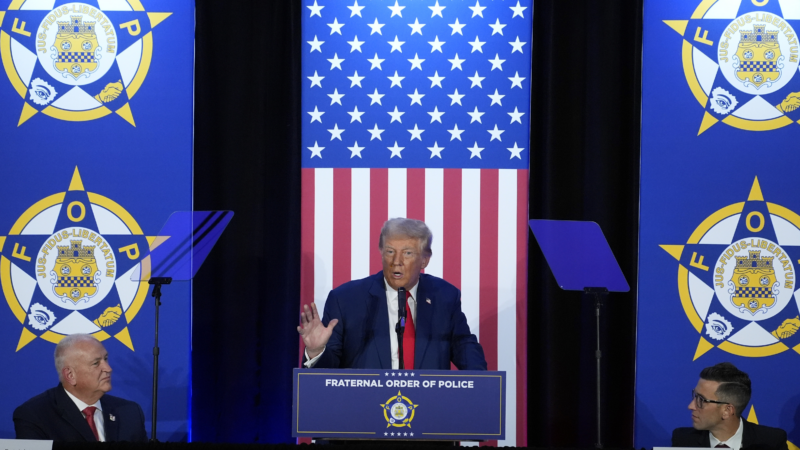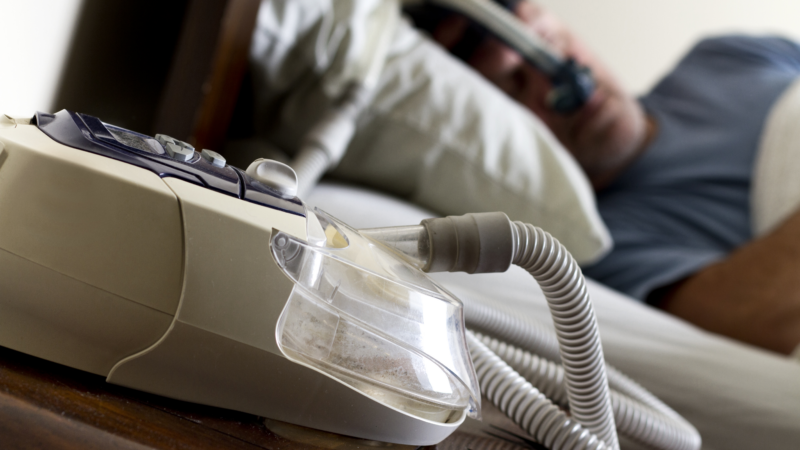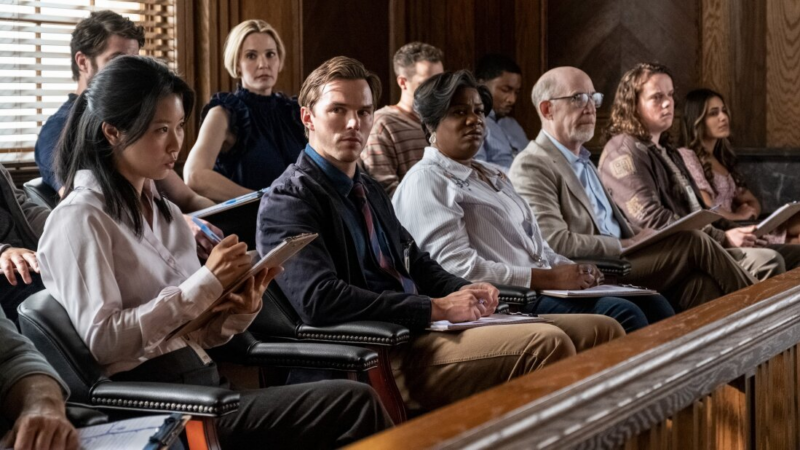Police welcome Trump’s return to the White House
Police were some of the biggest cheerleaders for the reelection of President Trump. The National Fraternal Order of Police endorsed him for a third time in 2024, and he promised them he would “always back the blue.”
As FOP Vice President Joe Gamaldi told Newsmax the day after the election, police see Trump’s victory as a mandate from voters who are “tired of all the chaos and disorder we’re seeing in our streets. We are tired of the ‘defund the police’ talk, and basically we’re just tired of the crap.”
But it’s been a few years since “defund the police” has been a common refrain, especially after violent crime spiked during the tail end of the pandemic. These days, many departments have trouble spending the funds they have, as they struggle to recruit and retain a full complement of officers.
Ronal Serpas, a former police chief and member of the Council on Criminal Justice, says part of the problem has been morale.
“So one of the things Trump did the last time is he was very clear that he supported the notion of policing in a very aggressive and positive way,” he says. “President Biden [also] did so, but perhaps not as much in the minds of many officers.”
Trump’s moral support sometimes causes unease. During a September campaign speech in Erie, Pa., he riffed about how police should handle shoplifters.
“We have to let the police do their job. And if they have to be extraordinarily rough …”
Later in the speech he added, “One rough hour! And I mean real rough. The word will get out and it will end immediately.”
At a minimum, this kind of talk affects how some people see the police, says Col. Jeffrey Glover of the Arizona Department of Public Safety and president of the National Organization of Black Law Enforcement Executives.
“Saying, you know, ‘Knock people over the head and have a bad day,’ that is counterproductive to what we need to do in this country in terms of earning that trust with our community members.”
Trump has also made vague campaign promises of greater legal immunity for police, even as it’s become slightly more common for local prosecutors to charge police for unjustified use of force.
“I’m not sure that that is something the federal government can do,” says Joanna Schwartz, a UCLA law professor who has written about police accountability.
“It’s hard to imagine how the federal government can constitutionally override local prosecutors’ decisions to press criminal charges,” she says. “On the other hand, the Supreme Court last term by my view created presidential immunity out of thin air. So it’s certainly possible.”
More likely, she says, Trump will use money as leverage. His last administration tried to use federal grants to get local police to help with immigration enforcement, and she says it’s possible he and a Republican Congress could tie federal funds to greater immunity protection for officers, or more aggressive policing.
There’s also a general assumption that the Justice Department under Trump will refrain from threatening lawsuits to force cities into consent decrees — court-monitored reform plans for individual departments. The tactic was used most often by the Obama administration and stopped with the first Trump term. President Biden brought back consent decrees in principle, though his administration has yet to finalize a reform plan with any large police departments.
But Laurie Robinson does not anticipate Trump will be able to reverse what she regards as the improvements in American policing in the decade since she co-chaired President Obama’s Task Force on 21st Century Policing.
“In areas like de-escalation, strengthening hiring to reflect communities, relationship with communities … these advances will not turn backwards,” she says.
Retired Charlotte-Mecklenburg police chief Darrel Stephens, also with the Council on Criminal Justice, shares that optimism.
“The reforms have not stopped at all, even during [Trump’s] first administration. Those agencies that have changes that they need to make, I don’t think will stop during his second administration,” he says. “There just won’t be federal oversight.”
Stephens says some officers may cheer Trump’s talk about “rough” policing, but “ultimately most of them know that if they engage in that kind of behavior, the President’s not going to save them. They’re going to be held accountable by their own local police agencies.”
Sudan’s biggest refugee camp was already struck with famine. Now it’s being shelled
The siege, blamed on the Rapid Support Forces, has sparked a new humanitarian catastrophe and marks an alarming turning point in the Darfur region, already overrun by violence.
FDA approves weight loss drug Zepbound to treat obstructive sleep apnea
The FDA said studies have shown that by aiding weight loss, Zepbound improves sleep apnea symptoms in some patients.
Netflix is dreaming of a glitch-free Christmas with 2 major NFL games set
It comes weeks after Netflix's attempt to broadcast live boxing between Jake Paul and Mike Tyson was rife with technical glitches.
Opinion: The Pope wants priests to lighten up
A reflection on the comedy stylings of Pope Francis, who is telling priests to lighten up and not be so dour.
The FDA restricts a psychoactive mushroom used in some edibles
The Food and Drug Administration has told food manufacturers the psychoactive mushroom Amanita muscaria isn't authorized for food, including edibles, because it doesn't meet safety standards.
The jury’s in: You won’t miss anything watching this movie from the couch
There's been a bit of consternation flying around about the fact that the theatrical release of Juror #2, directed by Clint Eastwood, was very muted. But this movie is perfect to watch at home.







